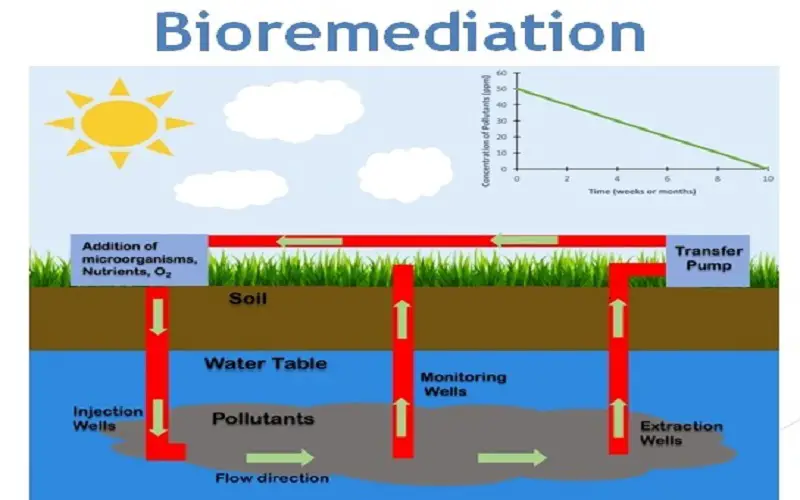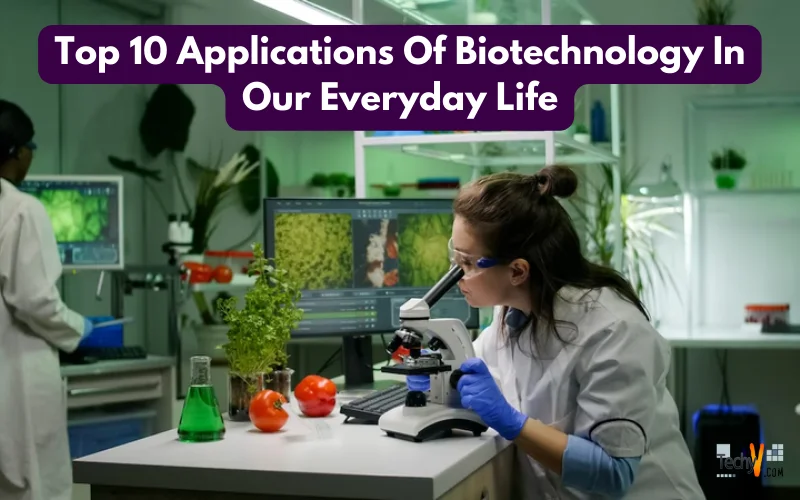Biotechnology also referred to as Biotech, referred to as Biotech is yet another technology that utilizes living organisms and molecular biology to produce new products & processes. It is a technology that has been used by humans since the beginning of civilization. The term biotechnology was coined by Karl Ereky, a Hungarian-based agronomist, in 1919. By the end of the 19th century, modern biotechnology began to rise with the work of Gregor Mendel. This was followed by Alexander Fleming discovering Penicillin in the 20th century, and since then, the field has blossomed. Today modern biotechnology is divided into five branches which include industrial, animal, plant, and human. Below are the top 10 applications of biotechnology that you use in your day-to-day life.
1. Dairy Products
Biotechnology has been used in the dairy industry for a long time to enhance properties such as taste, aroma, consistency, shelf life, and nutritional value of dairy products using Polymerase chain reaction, i.e. PCR and R-DNA technology. Further, early identification of superior animals and crossing of a great milk-yielding variety of cattle leads to the development of a superior type of cattle that has a high rate of milk production and better nutritional value of milk as compared to regular cattle. Using biotechnology, dairy products like cheese, yogurt, cultured butter, cultured cream, milk, kefir, etc are being produced.

2. Bakery Products
Fermentation is one of the oldest and most used techniques of biotechnology. Fermentation refers to the process where anaerobic microorganisms have been used to break down complex components like glucose into simpler forms, thus releasing carbon dioxide and alcohol, which gives a unique flavor, texture, fragrance, and taste to the food product. Examples of such products would be sourdough bread, biscuits, etc. Today with advances in biotechnology, enzymes like alpha-amylases, proteases, etc, are produced in large quantities using microorganisms, purified, and further used in the baking process. This aids in the breakdown process and also reduces the cost used in the production process.
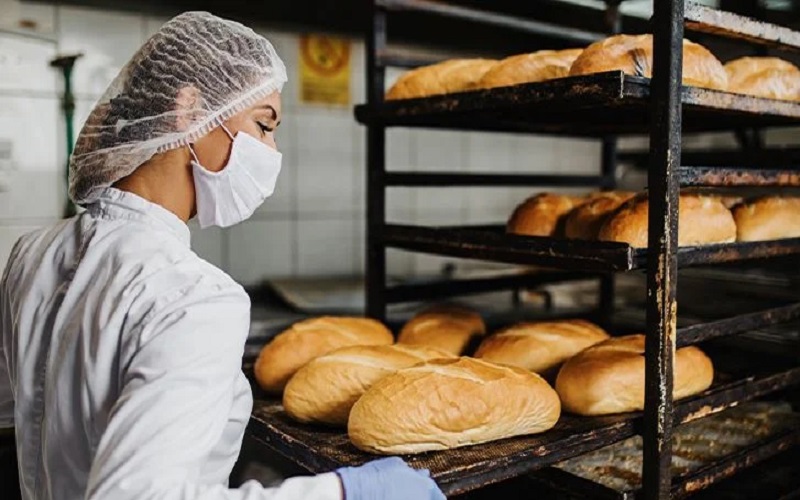
3. Biofuel
Biofuels are fuels made from food crops, lignocellulosic materials, or biomass through biochemical and thermochemical processes. There are two types of biofuels, namely bioethanol, and biodiesel. Using biotechnology, the yield of biofuel has increased without much increase in the energy that is needed for the production of biofuel. Further, the plant’s physiology, architecture, and photosynthesis efficiency can be varied due to biotechnology to increase the yield of biofuels.

4. Alcohol Products
Biotechnology plays an essential role in the production of Alcohol products such as beer, wine, and spirits. For this, yeast strains like Saccharomyces cerevisiae and raw materials like sugarcane waste, i.e. molasses, are sterilized and used. Further, yeast inoculum is put into the fermenter along with the raw material, and it is allowed to grow at controlled conditions. In the end, Ethanol and carbon dioxide are obtained. It is due to biotechnology that it is possible to select and genetically modify yeast strains leading to an increase in the efficiency of alcohol production. Biotechnology also helps in enhancing the flavor and the quality of alcohol product that is produced.
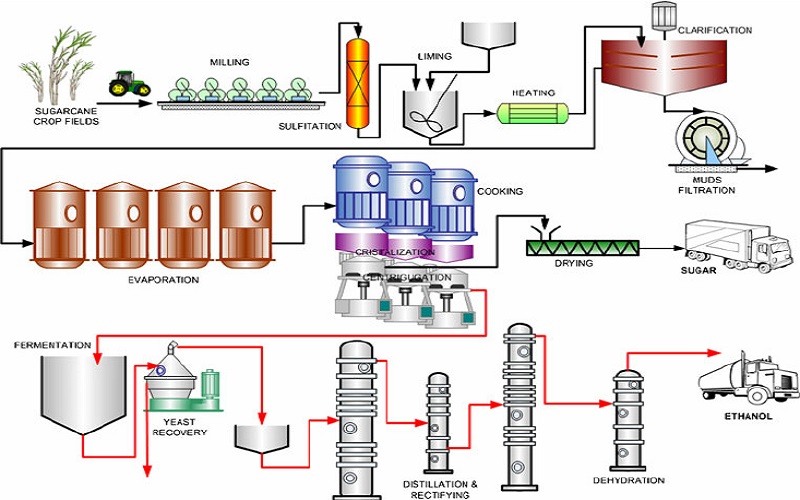
5. Paper Industry
Biotechnology is essential in the paper industry as well as it helps in reducing the environmental impact of paper products. This is done by using techniques like bio-pulping and bio-bleaching. These products use enzymes that are produced by microorganisms instead of the conventional way where chemicals are used. Now, Enzymes like Xylanase, which is produced by the fungus, are used in the paper industry.
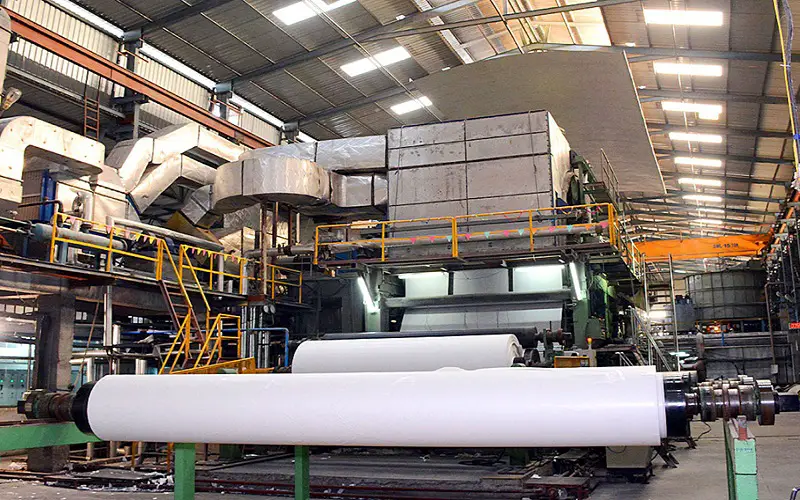
6. Skin Care Products
In today’s time, there is an increasing demand for skincare products that are made of natural ingredients. But with the demand rising the supply of raw materials needed to make such skincare products is relatively low. This is where biotechnology comes to the rescue, as using biotechnology ingredients are made in the laboratory using plant cell cultures. These ingredients produced through fermentation, like hyaluronic acid and kojic acid, are further used to create skincare products that are safe to use.
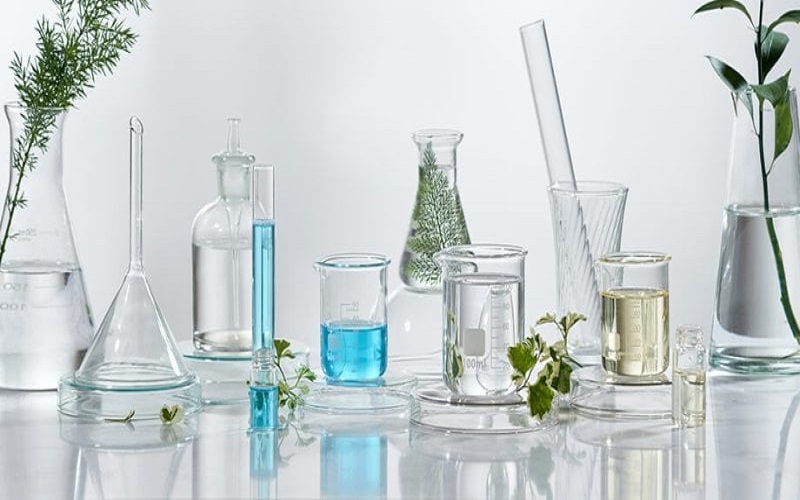
7. Enzymatic Detergents
Detergents are surfactants that work by emulsifying the substrate and thus removing dirt, oil, etc from our clothes, But, these detergents cause a lot of harm to the environment as they are made of chemicals. Enzymatic Detergents, conversely, are detergents made using biotechnology that consists of specialized enzymes obtained from microorganisms. Enzymatic detergents are safer for the environment than conventional detergents made of other surfactants and phosphates.
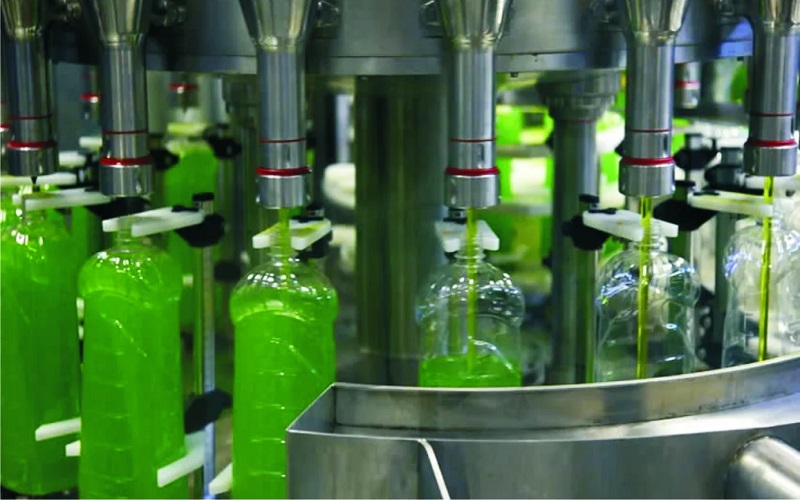
8. Vaccines
Vaccines are microbial preparations made using either killed or attenuated microorganisms that are used to prevent disease by stimulating an immune response against a particular disease-causing microorganism. But today, due to biotechnology, vaccines have been made using Recombinant DNA technology, i.e. RDNA technology, known as recombinant vaccines. Further, due to biotechnology’s large-scale production of recombinant vaccines, the development of advanced vaccine delivery systems, adjuvants, etc is possible. It also provides tools for testing like PCR and NGS which ensures the safety and efficiency of vaccines being produced.

9. Transgenic Plants
Transgenic plants, also called Genetically Modified plants, are plants produced using Recombinant DNA technology where a piece of DNA from either the same or different species is introduced into the plant. This is called genetic engineering, and it is an essential technique in agriculture biotechnology in which unwanted characteristics can be eliminated from plants while desirable traits can be introduced. Examples include Golden Rice which is a variety of rice that has been developed that has a high amount of beta carotene which is vitamin A that would solve the problem of vitamin A deficiency in people, and Bt crops like Bt corn.
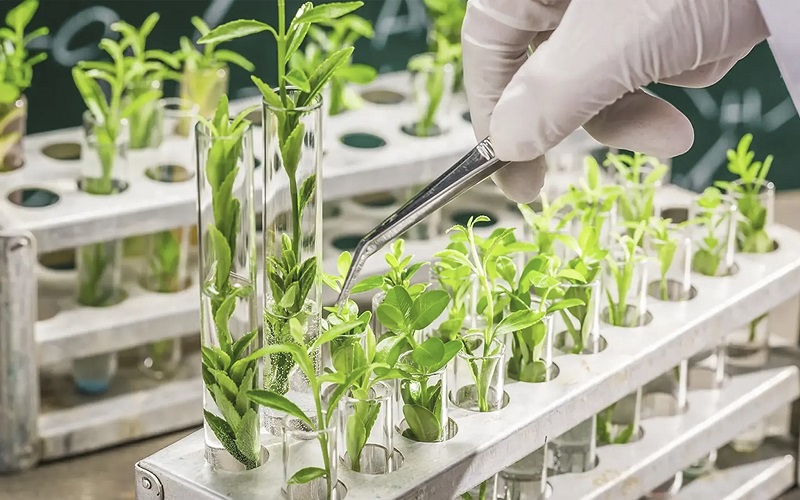
10. Bioremediation
Bioremediation is a biotechnological approach that uses microorganisms to remove pollutants, contaminants, and toxins from soil, water, and air. For this, genetically modified organisms (GMOs) are used as they have a higher ability to degrade pollutants. Other processes like next-generation sequencing, microarray, metagenomics, etc, are used, which help in the analysis of the sample, sequencing of microbial samples a lot more. Biotechnology also provides advanced molecular tools which are in monitoring and assessing the bioremediation process.
